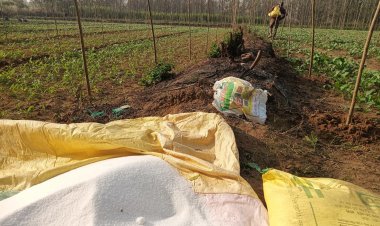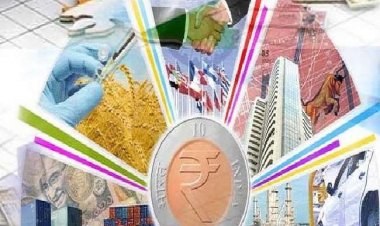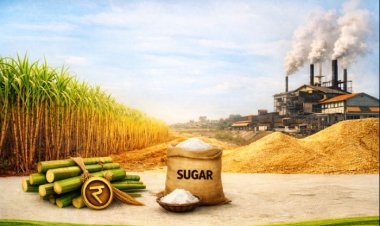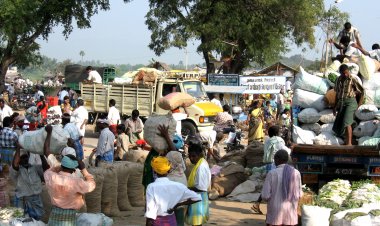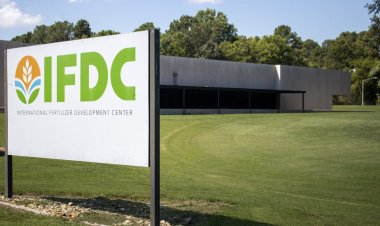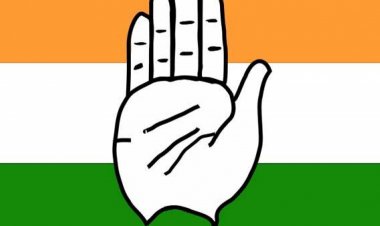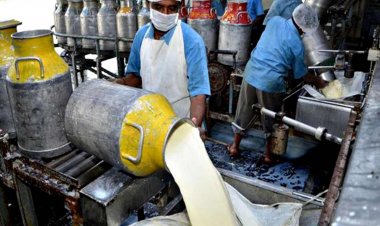Tyre cartel manipulating natural rubber prices: AIKS
The All India Kisan Sabha (AIKS) has blamed tyre manufacturers for manipulating natural rubber prices, affecting rubber farmers, especially in Kerala and Tripura. Falling domestic prices, despite higher international rates, threaten farmers’ livelihoods as tyre firms profit. AIKS urges government intervention and fair pricing to protect farmers’ incomes
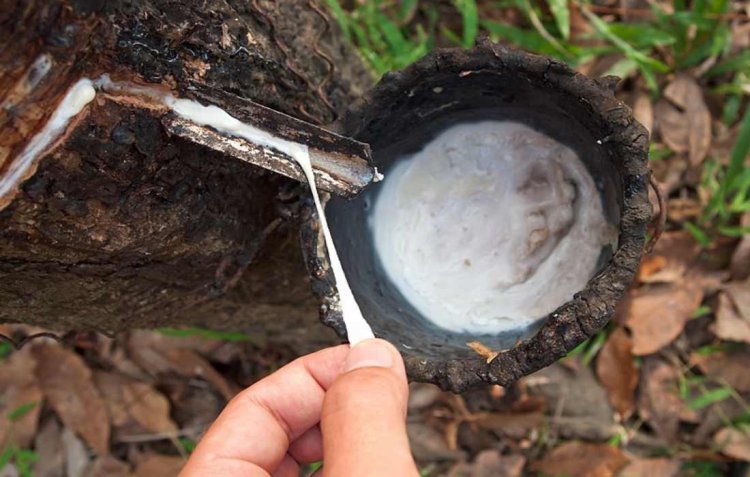
The All India Kisan Sabha (AIKS) has blamed tyre manufacturers for manipulating prices of natural rubber, severely affecting the livelihood of lakhs of rubber farmers, workers and small traders. AIKS says that the situation is grave in the major rubber-producing state, Kerala, where rubber farmers are fighting an existential crisis. The problem is equally bad in Tripura where rubber is an important source of income for the majority of the tribal farmers. When the rubber farmers are getting indebted, the tyre monopolies are making huge profits.
According to a press release issued by AIKS, the natural rubber price that touched Rs 247 per kg on August 9 is falling drastically. The Rubber Board price on October 24th is Rs 184 per kg for RSS-4 grade in Kottayam market. Kottayam Market rate is considered as the domestic market price for natural rubber in India. However, there could be significant deviations from the Kottayam price of natural rubber within Kerala and across the country. The price at which natural rubber is traded in the Agartala market (Tripura is the second largest producer) is always less than in the Kottayam market. The “trader's price” in Kerala, locally known as “vyapari vila” is Rs.177 per kg on October 24th. It is worth noting that farmers in other districts of Kerala, barring Kottayam, Pathanamthitta and Ernakulam, always fetch a price of Rs.5 to Rs.10 per kg less than the “vyapari vila”. This happens particularly when the price goes down.
As of now, the price of natural rubber in the international market (Bangkok, Thailand) is about Rs. 30 per kg higher than the domestic market (Kottayam, Kerala). When the price of natural rubber in the domestic market prevails over the international market, the powerful lobby of automotive tyre manufacturers puts pressure on the Ministry of Commerce, Government of India to allow duty-free imports from major natural rubber-producing countries in the world to float the tyre industry competitive in the international market. As a routine, the Union Government succumbs to it and allows large-scale import. When the domestic price was slightly above some months back, the monopoly tyre manufacturers used the same tactic; between April and September, imports surged 22 per cent year-over-year, jumping from 254,488 tonnes last year to 310,713 tonnes this year. It has to be noted that when the price of natural rubber in the international market prevails over the domestic market, the Ministry of Commerce does not take steps to export natural rubber to help farmers to fetch a better price.
AIKS demands the immediate intervention of the Union Government to regulate the tyre industry’s monopolistic practices and price manipulation. The tycoons running the tyre cartel should be punished. AIKS also demands the implementation of a fair price mechanism for natural rubber, ensuring remunerative prices for farmers. AIKS reiterates that the fight against the tyre cartel to save a strategic crop like rubber is a patriotic duty of the peasantry and other working people.



 Join the RuralVoice whatsapp group
Join the RuralVoice whatsapp group

















